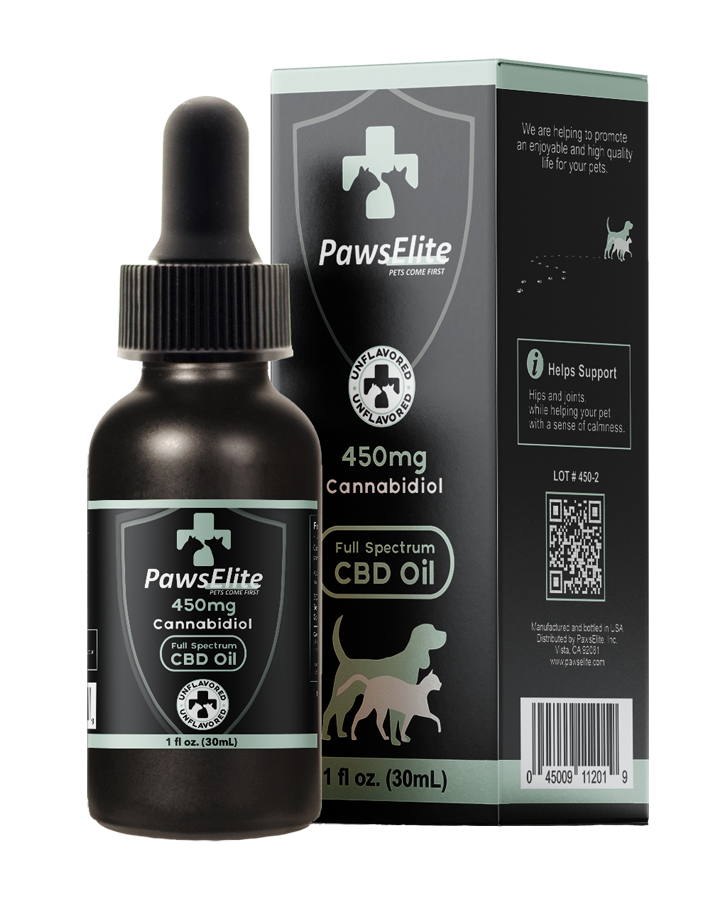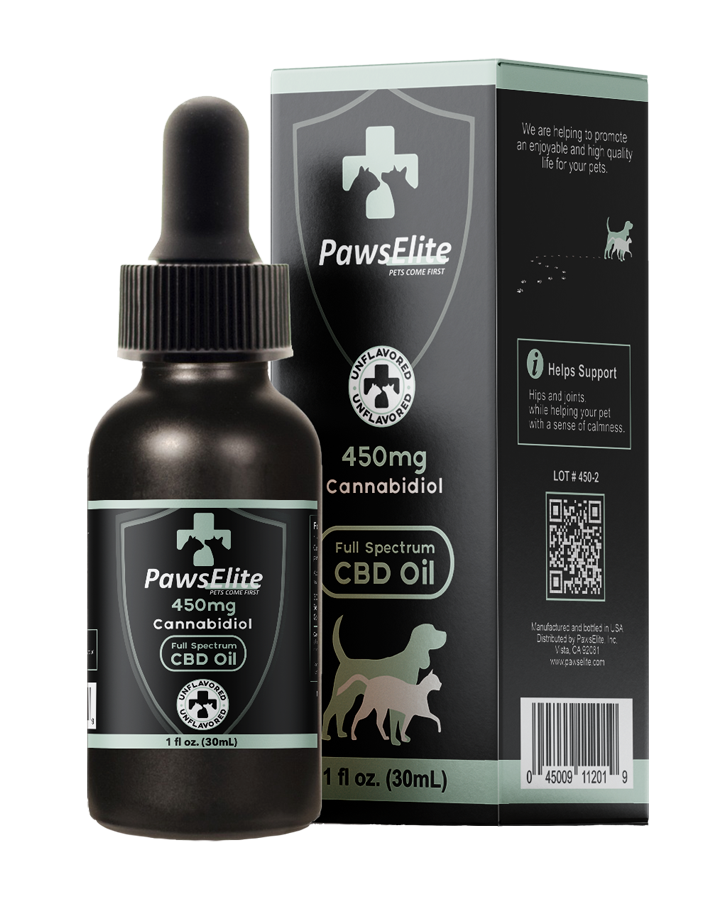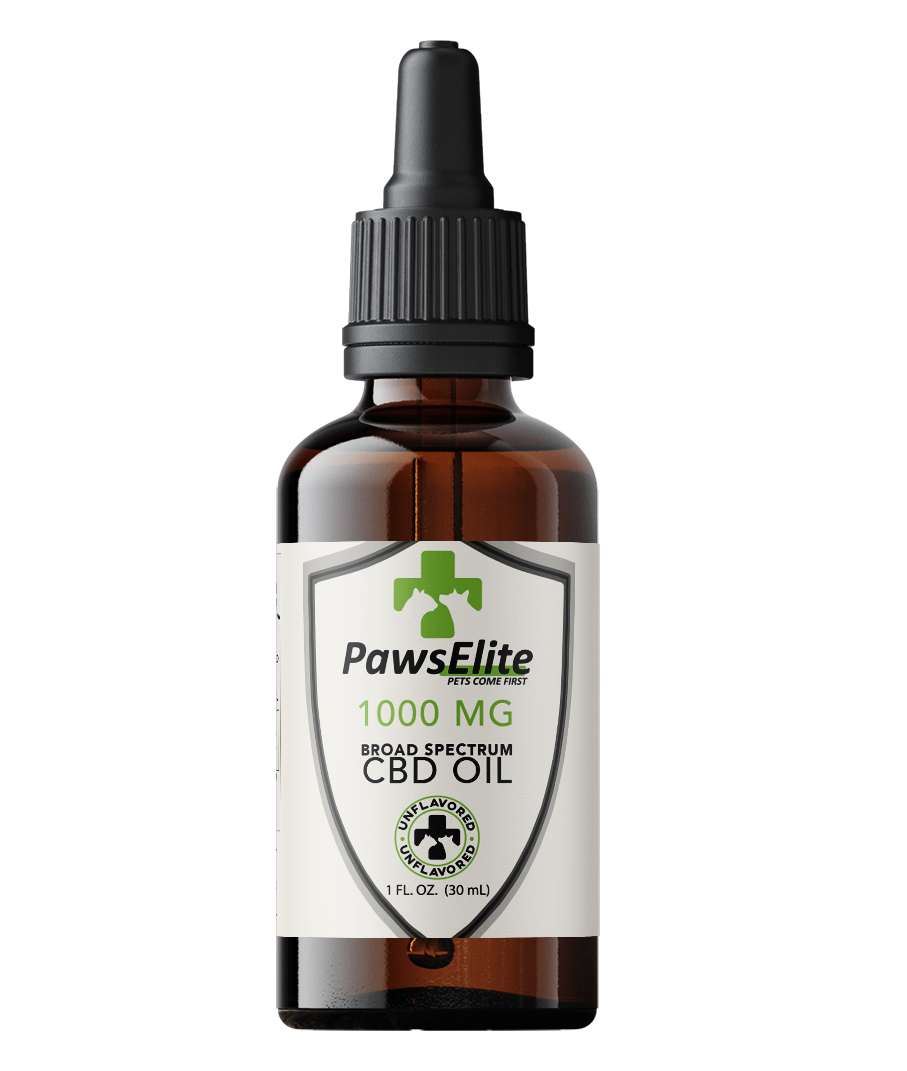
Can Dogs Swim in Chlorine Pools Safely?
Share
Calling all doggie paddlers and poolside pups! As the temperature rises, nothing beats a refreshing dip in a cool swimming pool. But wait, can your four-legged friend join in the wet and wild fun? In this friendly and informative article, we'll dive into the topic of whether dogs can swim in chlorine pools. So grab your floaties, and let's make a splash while learning all about it!
Splish-Splash in Chlorine: Can Dogs Swim in Chlorine?
Dogs love to swim, and chlorine pools can be a great place for them to cool off and have fun. However, it's important to know that chlorine can be harmful to dogs if they are exposed to too much of it. That's why it's important to take some precautions to keep your dog safe when they are swimming in a chlorinated pool.
In this article, we will discuss the safety of chlorine pools for dogs, how chlorine works to disinfect water, and the potential risks of chlorine exposure for dogs. We will also provide tips for keeping dogs safe in chlorine pools.
By following these tips, you can help ensure that your dog has a safe and enjoyable time swimming in your chlorine pool.
Here are some of the things you can do to keep your dog safe in a chlorine pool:
- Introduce your dog to the pool slowly and gradually.
- Rinse your dog off with fresh water after they swim.
- Avoid swimming in pools with high chlorine levels.
- Be aware of the signs of chlorine poisoning in dogs.
If you have any concerns about your dog swimming in a chlorine pool, be sure to talk to your veterinarian. They can help you assess your dog's individual risk and make recommendations for keeping them safe.
Can Dogs Swim in Chlorine Pool Safely?
The answer is yes, but with some precautions. Chlorine is a disinfectant that is used to kill bacteria and other microorganisms in pool water. However, it can also be harmful to dogs if they are exposed to too much of it.
The amount of chlorine in a pool that is safe for dogs depends on a number of factors, including the size of the pool, the amount of chlorine being used, and the frequency of the pool being cleaned. In general, it is best to avoid swimming in pools with high chlorine levels.
Here are some insights and guidance on the topic:
- Some dogs are more sensitive to chlorine than others. If you have a dog that is known to be sensitive to chemicals, it is best to avoid swimming in chlorine pools altogether.
- If your dog has any open wounds, it is best to avoid swimming in chlorine pools. The chlorine can irritate the wound and make it worse.
- If you are pregnant or have a weakened immune system, it is best to avoid swimming in chlorine pools. The chlorine can irritate your skin and respiratory tract.
Overall, it is important to be aware of the risks of chlorine exposure for dogs and take steps to keep them safe when they are swimming in a chlorinated pool. By following these tips, you can help ensure that your dog has a safe and enjoyable time swimming.
How To Help an Anxious Dog Get Used to Swimming
For some dogs, swimming can be an anxiety-inducing experience. However, CBD oil has emerged as a potential aid in helping anxious dogs get accustomed to the water. CBD, or cannabidiol, is a natural compound derived from the hemp plant known for its calming and anxiety-reducing properties. When administered to dogs, CBD oil interacts with their endocannabinoid system, promoting relaxation and a sense of calm. By incorporating CBD oil into a dog's routine before swimming sessions, it may help alleviate anxiety, allowing them to approach the water with more confidence.
CBD oil can help an anxious dog get used to swimming by reducing their anxiety and making them feel more relaxed. This can make it easier for the dog to approach the pool and eventually get in the water. CBD oil can also help to reduce the dog's fear of the water, which can make it more enjoyable for them to swim.
Here are some of the ways that CBD oil can help an anxious dog get used to swimming:
- It can reduce anxiety: CBD oil works by interacting with the body's endocannabinoid system, which is a system of receptors that regulate a variety of functions, including mood, pain, and inflammation. When CBD oil binds to these receptors, it can help to reduce anxiety and promote relaxation. This can make it easier for the dog to approach the pool and eventually get in the water.
- It can reduce fear: CBD oil can also help to reduce the dog's fear of the water. This can make it more enjoyable for them to swim and less likely to panic or become anxious.
- It can promote relaxation: CBD oil can also promote relaxation, which can make the swimming experience more enjoyable for the dog. This can help them to focus on the positive aspects of swimming, such as the feeling of the water on their fur or the coolness of the water on a hot day.







